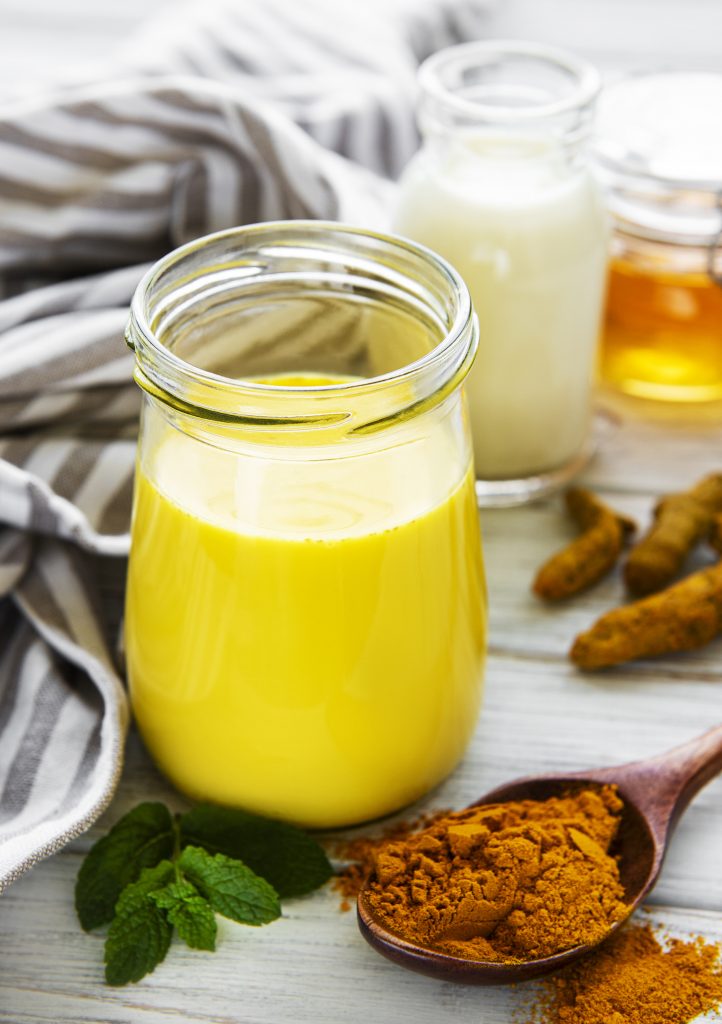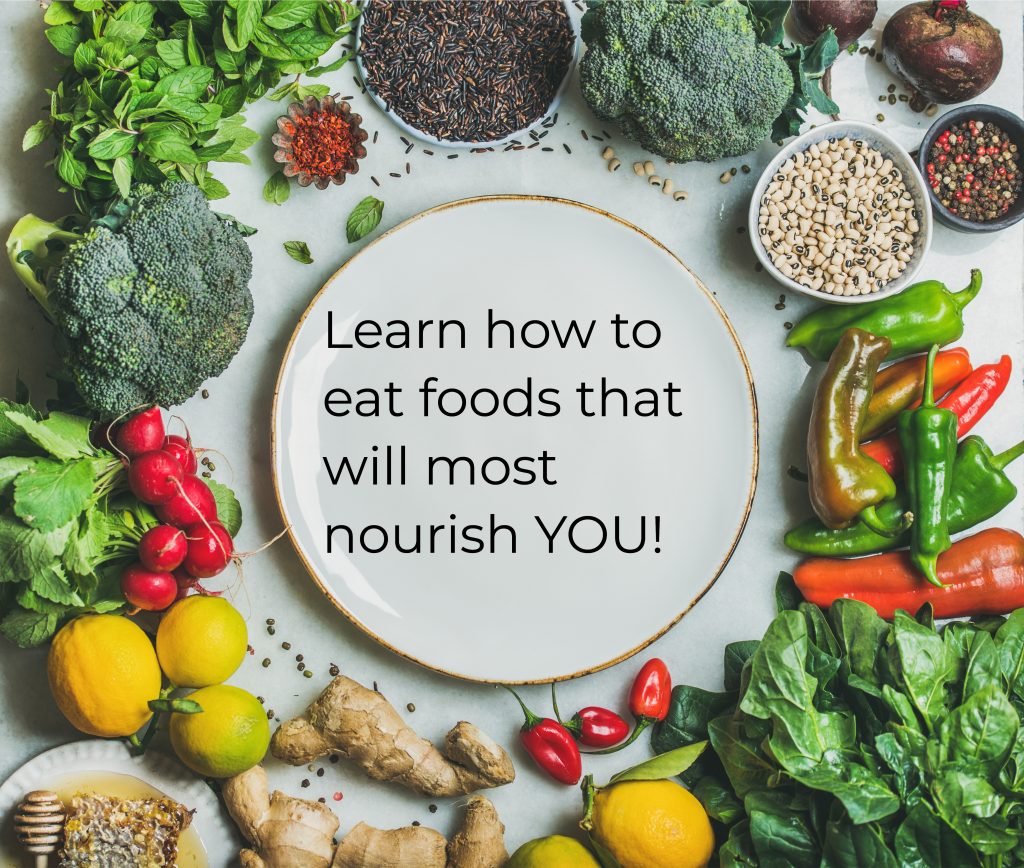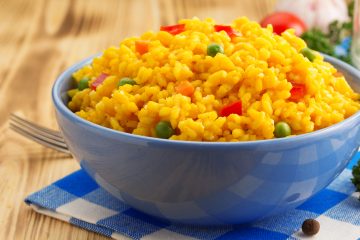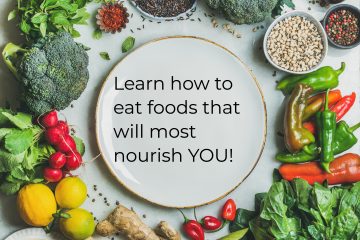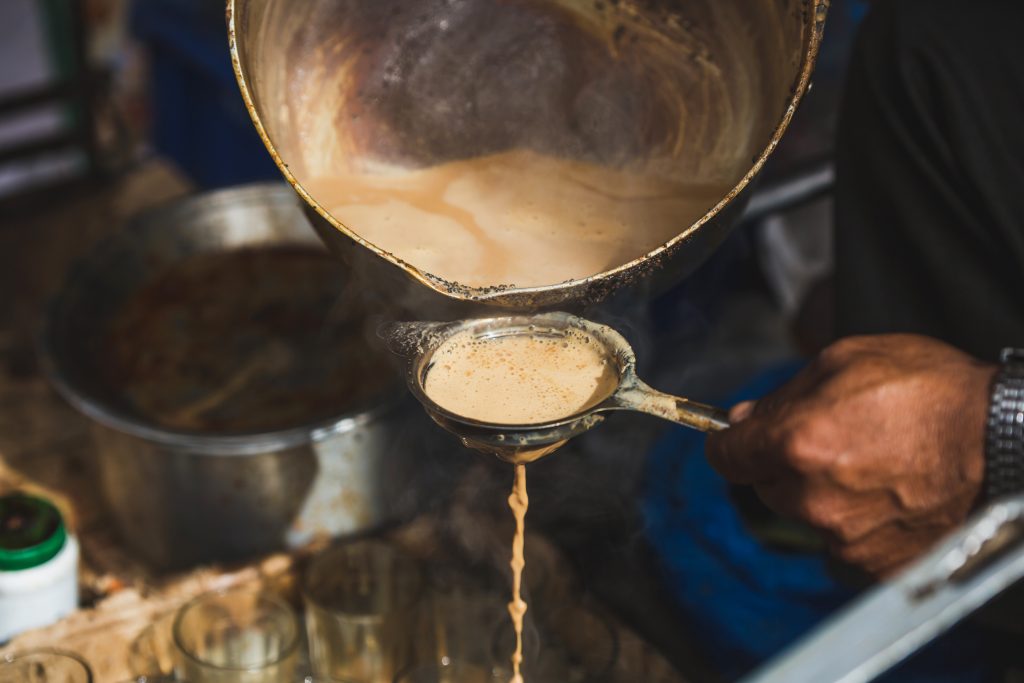Covid-19 has left many people reeling, or questioning the way we are living.
Things we have previously taken for granted are taking on new significance. It’s been a healing time for some, a sad time for people who have lost loved ones, and a time when many are worrying about their financial and mental health.
But it’s also been a time of great healing for nature and a chance for us to look inwards, to think about what’s important to us. Some days can feel huge and exhausting, like nothing we have ever experienced before. But when riding this wave of uncertainty it’s also worth remembering the old
adage, that ‘this too shall pass.’
Pandemics and epidemics are not new. Perhaps it’s what humanity can learn from these moments and how we respond to them, in terms of our own health and the health of the planet that will be important in the long-term. Ayurveda gives us some useful hints about what could be key to restoring health and harmony in our own lives and how that is inextricably linked to the environment in which we live.
Ayurveda is one of the oldest surviving medical traditions and it refers to epidemics as Janapadodhwamsa. The Charaka Samhita is one of the earliest and most authoritative
texts on Ayurveda. Dated at between 400 to 200 BCE, there is a chapter on world-wide epidemics called Janapada Dvamsa Vyadhi, which translates as an annihilation of people, or community. In Ayurveda there are four factors which are common and essential for every living being, these are Vayu (air), Jala (water) and Desha (land) Any abnormal changes in these four factors can significantly influence the health of an individual, community and the environment.
So what can we learn from these teachings?
Well, Ayurveda isn’t just full of practical health advice, it’s also rich in poetic metaphors and philosophy too. And one thing that has really struck me as interesting about the current situation was that the Covid-19 virus can disconnect us from our senses, as it’s being widely reported by patients and medics that it causes lots of people to lose their sense of taste and smell.
So what’s this got to do with Ayurveda?
Senses are important in Ayurveda – how they function is a key indicator of health. This ancient science explains the world in terms of the elements and corresponding qualities.
These elements; fire, water, earth, air and space (or ether) make up bio- energetic forces
within the body called doshas. Doshas are in each cell and govern how the body functions. When in
balance the doshas result in the healthy functioning of the senses; our taste, sight, touch, hearing and smell. But when out of balance these senses can be affected. The doshas are also affected by
the external environment and rise and fall naturally with the seasons, a person’s age, climate and environmental conditions. Basically the world we live in can either support their normal functioning, or tip them out of balance.
In Ayurveda we understand how the senses are formed from subtle energies called tanmatras, which are the potentials for the five senses and are linked to specific elements. As Dr Marc Halpern, an
Ayurvedic scholar explains, ” Taste depends upon the water element for its manifestation, disorders of the ability to taste are due to an imbalance of the water element.” He adds that in Ayurveda “Earth is stated to be responsible for smell… “the origin of the earth element is the tanmatra, or potential for smell, called gandha. The state of the earth element in the body and the capacity to smell are
deeply connected.”
On reflection, this pandemic could be deeper than most of us think. Of course, we can’t go back and ask the sages who created Ayurveda more than 5,000 years ago! But they did leave behind one really valuable teaching for us that seems most relevant today – that living in harmony with ourselves and with the planet is a key determinant to good health.
Humans have been naively polluting water and land for centuries. Creating and using single-use plastic, and other behaviours that once seemed harmless, have resulted in worldwide pollution of water, earth and all these vital elements.
We must be disconnected from our senses to have behaved this way, ignoring the fact that we rely on these elements to live.
It seems to me that modern humans have become disconnected from the elements – from this spinning ball of earth and water and therefore we have become disconnected from ourselves. So disconnected, in fact, that we have polluted the very thing that gives us life and sustains us.
Roughly 60 percent of the human body is water, so we are not separate from the natural world, we are part of it. In this rat race, we have extracted more than we need to live harmoniously, putting consumerism and profit before sustainability. Losing our taste and smell seems like a physical manifestation of this disconnect.
Zoonotic diseases have come from mistreating animals and the natural world and not living in harmony with the elements. From the plague in as early as the 1300s to swine flu, bird flu and coronavirus –
pandemics will not stop until balance is restored. For our future survival and continued good health; we need to learn to live in harmony by balancing our health alongside the health of the planet.
Thankfully we are waking up to this now. It seems feasible to me that although we are experiencing the pain of mother earth, in the long run this imposed pause is a time of reflection and might be a way of the earth and humans rebalancing. This virus has had a knock-on effect of tackling climate change, in a way that we were unable – or unwilling to do ourselves, reducing CO2 by slowing down polluting industries and reducing unnecessary travel; keeping us in our homes, and out of planes and cars.
It’s certainly now making us think of our actions, without the distractions of the outer world. Mass consumerism and the search for external pleasures are less readily available.
Ayurveda is the science of self-realisation. It teaches us that the answers to our healing lie within and that to find answers we need to look inwards, to listen to our higher selves – without the deafening din of the ego that wants to grasp and consume things; behaviour that we know in our heart of hearts it is bad for us. This is an opportunity to look inwards – at what needs to be healed. Perhaps this had been staring us in the face for a while and our outer world had become a reflection of our inner world.
I’ve also been thinking a lot about the concept of karma. Ayurveda doesn’t preclude us from eating meat, in some cases it recommends it for some patients for health reasons, but it does teach
us that there is a karmic consequence to eating it and that there is a karmic outcome for every action we take. Karma in Ayurvedic terms simply means cause and effect, that every action has an equal and
opposite reaction. It’s not the type of karma we interpret it to be in the West, which tends to widely misunderstood as some kind of vengeful thing or labelled as good or bad, instead of something that
is simply a natural law of life and ‘just is’.
Human to animal viruses are becoming increasingly well-known to us. Ebola, swine flu, bird flu and of course this pandemic which has been attributed to wet food markets in China.
Intensive animal farming methods are not exactly held up as shining beacons of animal husbandry techniques. And keeping animals in cramped conditions in cages in close proximity seems horrifying to many of us.
It seems like a wake-up call from nature, teaching us to stop treating animals and the environment so badly. With habitats being destroyed and humans coming into contact with wildlife they normally wouldn’t. Driving animals to extinction seems to be having ‘the equal and opposite effect’ of endangering our lives.
The Vedic texts explain how epidemics develop through pollution of land, sea and air, leaving our immune systems vulnerable. As one modern day Ayurvedic scholar puts it “Janapadodhwamsa is a
situation where the environment – air water, land and seasons – is vitiated, causing a simultaneous manifestation of disease among large populations (epidemic) destroying human habitations.”
The concept of an epidemic was further described thousands of years earlier in the Charaka Samhita…
“Even though there is dissimilarity in the physical constitution of human beings, still there are such factors which are common to all individuals and vitiation of these factors leads to the simultaneous manifestation of diseases having the same set of symptoms leading to the destruction of countries. Factors which are common for all inhabitants of a country are air, water, location and seasons.”
Personally I feel that the knowledge of how we get out of this is all there. It’s just whether or not we want to open our eyes to it. Some people are still choosing to look the other way, or doing what some
cultural theorists call ‘othering’ and blaming this on an external force (a rich elite or a government plot), outside of themselves. It can serve as a useful way of psychologically protecting ourselves by
not taking responsibility for our actions, but it doesn’t help the planet. It misses the point, it disconnects and detracts us from the real issue. It is divisive and provides no helpful – or practical solution to what we are currently experiencing.
I feel that the only way of getting out of this is by not judging our previous actions with anything but kindness. After all we were just doing the best with the knowledge we had at the time. But we must also acknowledge that it’s time to come together and do much better, individually and collectively, to realise that we are all one and that we need to work together to protect ourselves and the home we all share. To understand that, just like everything else, human health is interconnected. If there is a lesson in this, then I feel it is that we are all part of nature, reliant on it and not separate from it.
I believe in scientific progress. After all, Western medicine has brought us wonderful things and is based on Ayurveda, but crucially unlike lots of Western medicine, Ayurveda is about going further than
just treating the symptoms. It’s about treating the root cause of disease within the body to effect real change and improve human health. I think this is something we can really learn from. I think as a
society and as a global community who are all affected by this. We need to learn from Ayurveda and address the root cause – which is us as individuals and as a whole. Otherwise this will keep happening until we learn- Perhaps the only way we can drop the mask is to first drop the veil of ignorance holding us back.
How am I coping with the pandemic? I’m focusing my energy on keeping my immune system healthy, social distancing, and dreaming a better world into being and hoping we each start viewing ourselves as a wave in a big ocean of action. Every action we individually take to love ourselves and the planet, to keep both things healthy – matters.
If you take away anything from reading this article, then I hope it is the knowledge that you matter and your actions matter. Remember that despite how uncertain everything is right now, or how powerless you can feel at times in the face of it, you are more powerful than you know. You are, in fact, powerful beyond measure.

